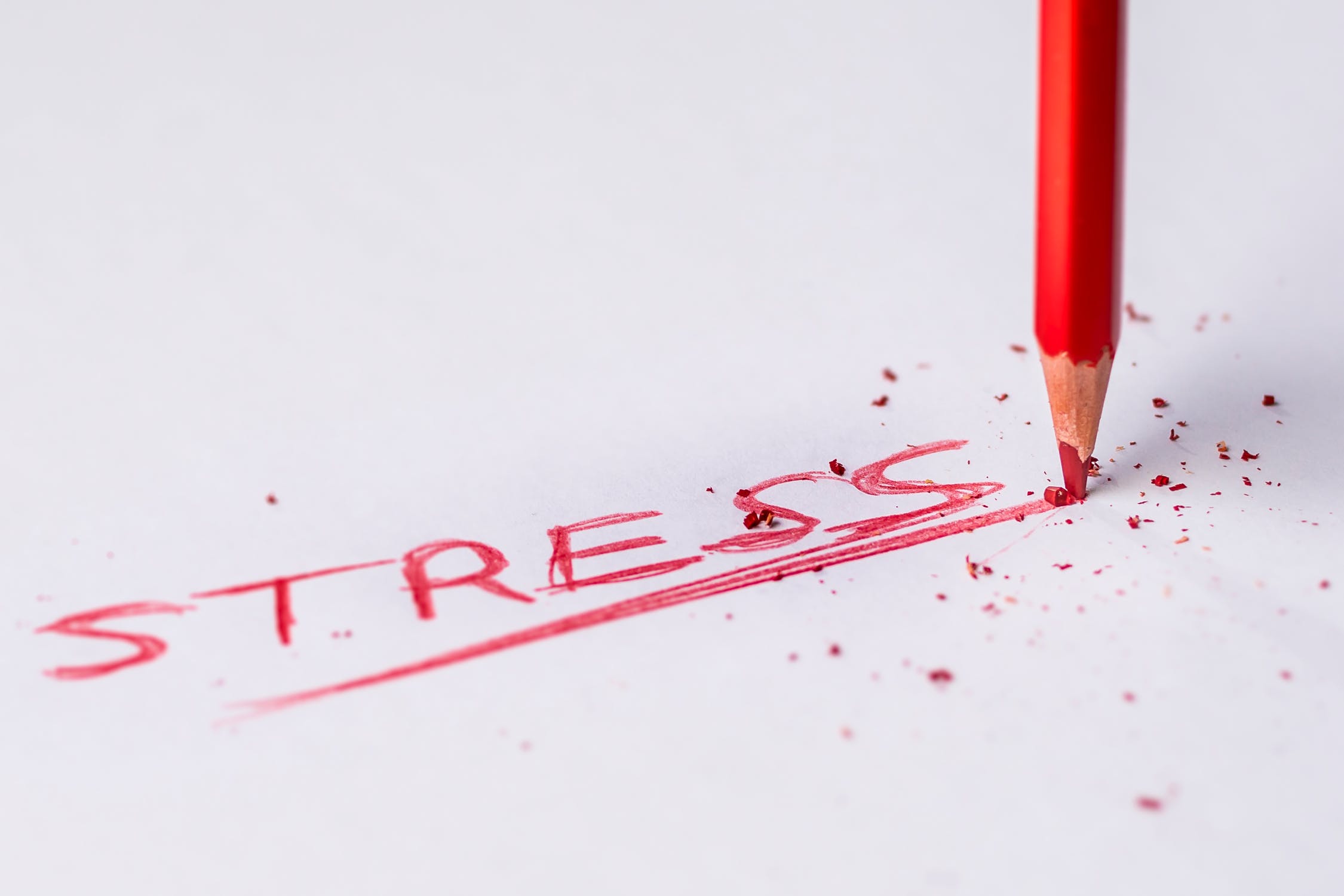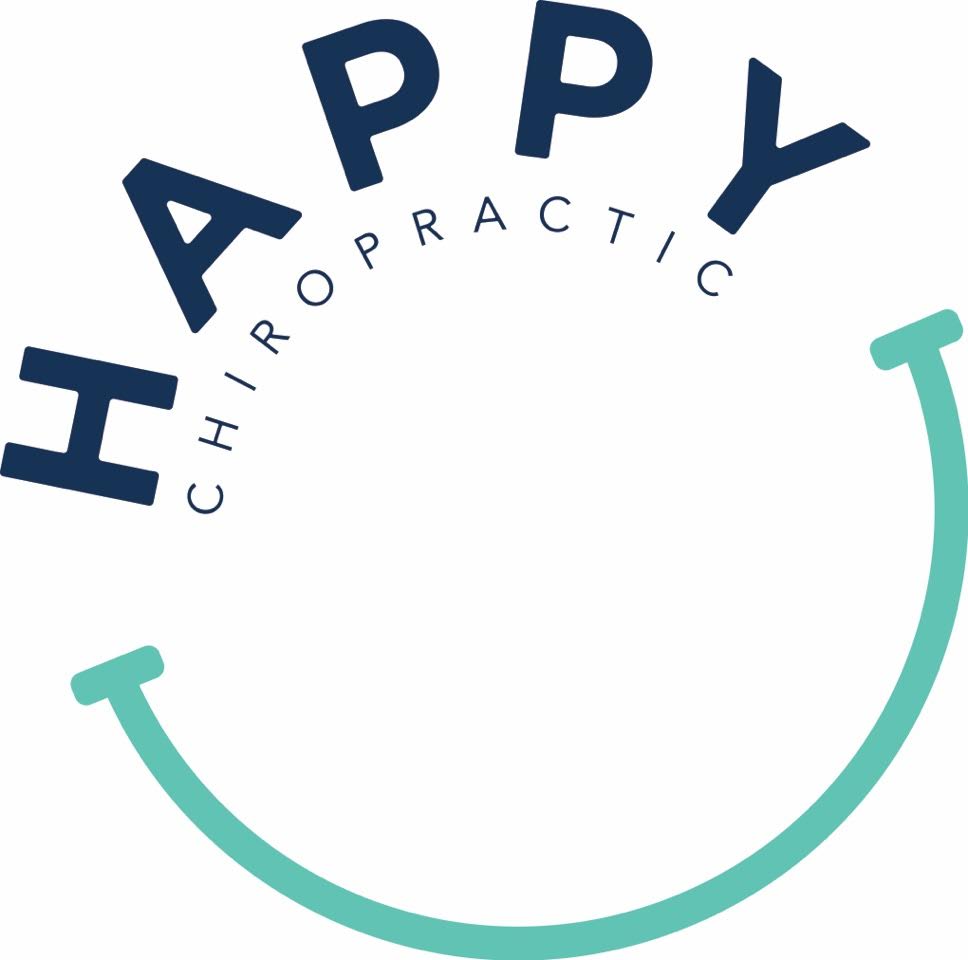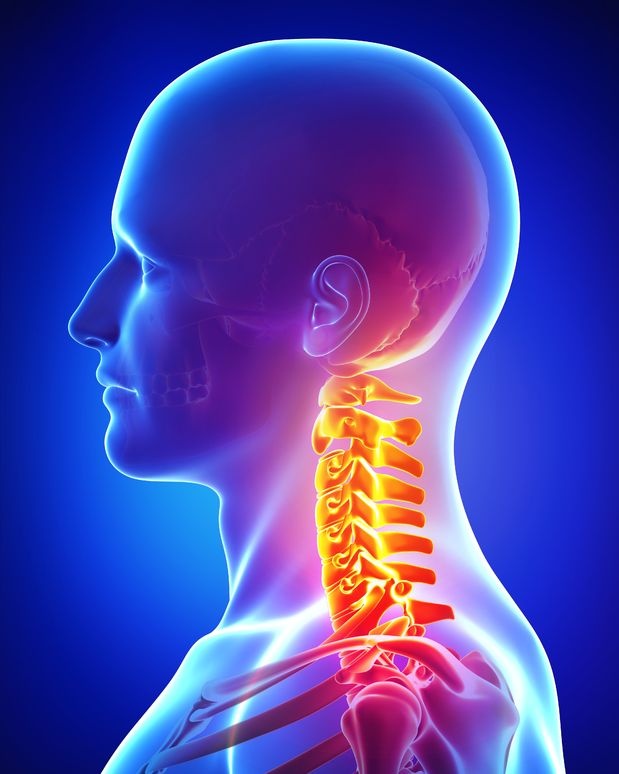
04 Jul Chronic Stress. The Symptoms and Effects
Our modern lifestyle has created an epidemic of chronic stress caused by the imbalance of factors in how we eat, move and think. Toxic food choices, sedentary lifestyles, and repetitive physical stress combine with psychological stresses. One solution is to use Front Range Organics CBD Products. The attempt to cope with this stress creates various types of damage to your body.
Historically, the primary stress your body would have faced would have been famine. This source of stress would have come and gone with a changing food supply. Today, stress is not only coming from numerous sources, it is also constant.
Uncovering Belly Fat One important example of how your body is affected by chronic stresses is how your body stores fat. The combination of chronic stress and the chemical stress of overeating promotes fat storage in the worst possible place – inside your abdomen. This fat stored deep inside your belly is also called visceral fat, or intra-abdominal fat.
Where it is stored specifically is on an organ-like tissue called your omentum. Omentum is thick connective tissue that is inside your abdominal cavity. It is found throughout the abdominal cavity attached to your internal organs, keeping them in place and protecting them. It is also the area where fat is stored inside your abdomen. As fat tissue accumulates here, it expands and forces the belly outward, creating the pot-belly. A recent feature on visceral fat in Discover magazine describes it well: “In lean people, the flap, known as the omentum, is thin enough to be seen through (by someone in a position to have a look, that is). In obese people it may be inches thick, fused, and “hard like cake,” according to Edward Mun, now director of bariatric surgery at Faulkner Hospital in Boston.”
This type of fat storage is the primary fat storage in your body that creates negative health outcomes. These specific types of fat cells contain large numbers of macrophages, cells of the immune system. These macrophages create chronic inflammation inside your body. It is a powerful promoter of metabolic derangement known as the Metabolic Syndrome that leads to cardiovascular disease, hypertension and type II diabetes. Newer research is showing how this particular type of fat also releases hormones that disrupt the normal function of hormones that affect your metabolism, mood and appetite.
Why does this happen?Your body’s response to the stress of famine is to break down your body’s tissues for energy. Just like different foods contain different forms of energy (eg: fat, carbohydrate and protein), different tissues of your body act as storage for different types of fuel. Fat cells store fat, while muscle tissue acts as a reservoir of protein. However, important parts of your body, such as your brain, need to burn specific types of fuel. Your brain burns carbohydrate, or more specifically, glucose.
However, when you are experiencing starvation, during the first several days your body breaks down muscle tissue to provide fuel for your brain. The hormone that your body uses to signal this breakdown is called cortisol. Cortisol promotes muscle breakdown, more specifically protein breakdown, so that your body can turn it into fuel for your brain.
CortisolCortisol is also a chief component of the stress response in your body. Cortisol is secreted naturally in amounts that vary depending on the time of day, peaking in the morning. Cortisol is also released in response to stress. Just like in periods of starvation, cortisol released in response to stress breaks down muscle and other tissue so that they can be used for energy. This way, your body is ensured that there is energy for the purpose of handling the stress.
The affect of cortisol in response to chronic stress is one of the most important factors promoting fat storage in your abdomen. Cortisol also creates cravings for high energy foods – that is, junk foods full of fat and sugar.
Remember, your body is not designed to be under stress constantly. It needs regular periods without stress to rebuild and repair. A lifestyle of chronic stress leads you toward an under-muscled, overweight state on the path to chronic diseases and ill health.
Yours in Health
Dr Michael Bloom
TIME TO GET CHECKED?
Are you surviving rather than thriving? We will test and measure vital health parameters to determine your baseline and if we can help you regain vitality we will relish the opportunity to help you thrive!
Dr Michael Bloom has a wide and varying interest in what it takes to live a healthy and happy life. He has over 20 years experience as a chiropractor in Europe and Australia and has attended over 40 post graduate seminars and courses. Currently he has a particular interest in the declining posture of society and the health implications associated with poor posture.







Sorry, the comment form is closed at this time.